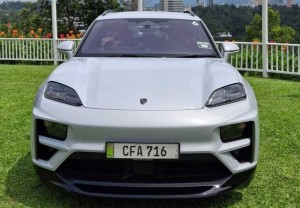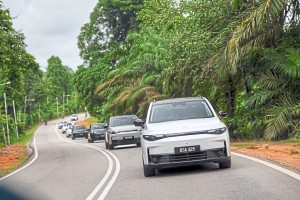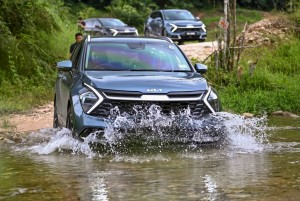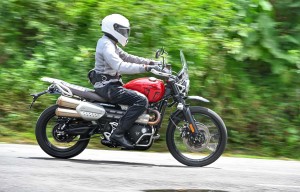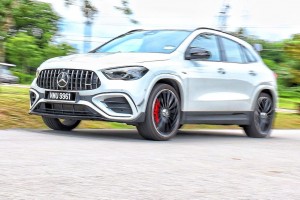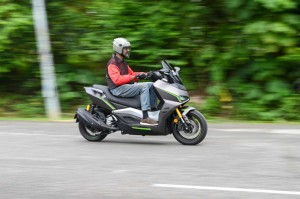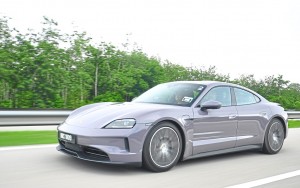The bedrock chassis is unique in the way it can decouple from the upper body of a car and better absorb energy from frontal collisions of up to 120kph. — Reuters
SHANGHAI: CATL, the world's largest electric vehicle battery maker, today launched a new EV chassis that it says can withstand a 120-kph frontal impact without catching fire or exploding, as it touts safety as a key selling point.The chassis has a battery capable of running for about 1,000km on a single charge and reduces the time required for mass production of a vehicle to 12-18 months from the traditional 36 months or longer, CATL said.
The company aims to sell the new EV platform - called "panshi" in Chinese, which translates to "bedrock" - to premium car makers seeking to accelerate development and reduce costs.
"Due to the extremely high crash speed and intensity, there has been no previous instance of any new energy vehicle daring to challenge a 120kph frontal pole impact test," said Ni Jun, CATL chief manufacturing officer.
The speed for a frontal impact safety test in the commonly used China New Car Assessment Program is 56kph.
Chinese EV brand Avatr, which is co-owned by CATL, state-owned Changan Auto and technology giant Huawei, will be the first to develop EV models based on CATL’s Bedrock chassis, Chen Zhao, president of Avatr said at the press conference.
He did not specify when such a model would be launched.
Such EV platforms are also known in the industry as "skateboard chassis", or flexible platforms that combine electric motors, batteries, controls and suspensions.
Other players in this area include Chinese EV maker Xpeng and Shanghai-based engineering firm Launch Design.
The chassis is crucial to CATL chairman Robin Zeng's ambitions to push the Chinese battery giant towards further growth. Besides this, CATL is also looking into micro power grids and is building a battery swapping service.
CATL has a global market share of roughly 37% in EV batteries, according to battery market tracker SNE Research.
Zeng disclosed the panshi project to Reuters in November, saying it could slash the cost of developing a new EV from billions of dollars to just US$10 million and could make a niche EV firm profitable by selling just 10,000 cars a year.
This in turn could open the industry to new EV players in economies without established automakers, and Zeng said at the time that CATL had shown the panshi technology to Porsche for a potential luxury EV and to investors in the United Arab Emirates eager to start a local EV brand.
The company has been working on developing EV platforms with battery integrated to the chassis directly since 2020 and has formed partnerships with automakers including Vinfast, BAIC and Neta to develop models based on the platform over the past two years.

